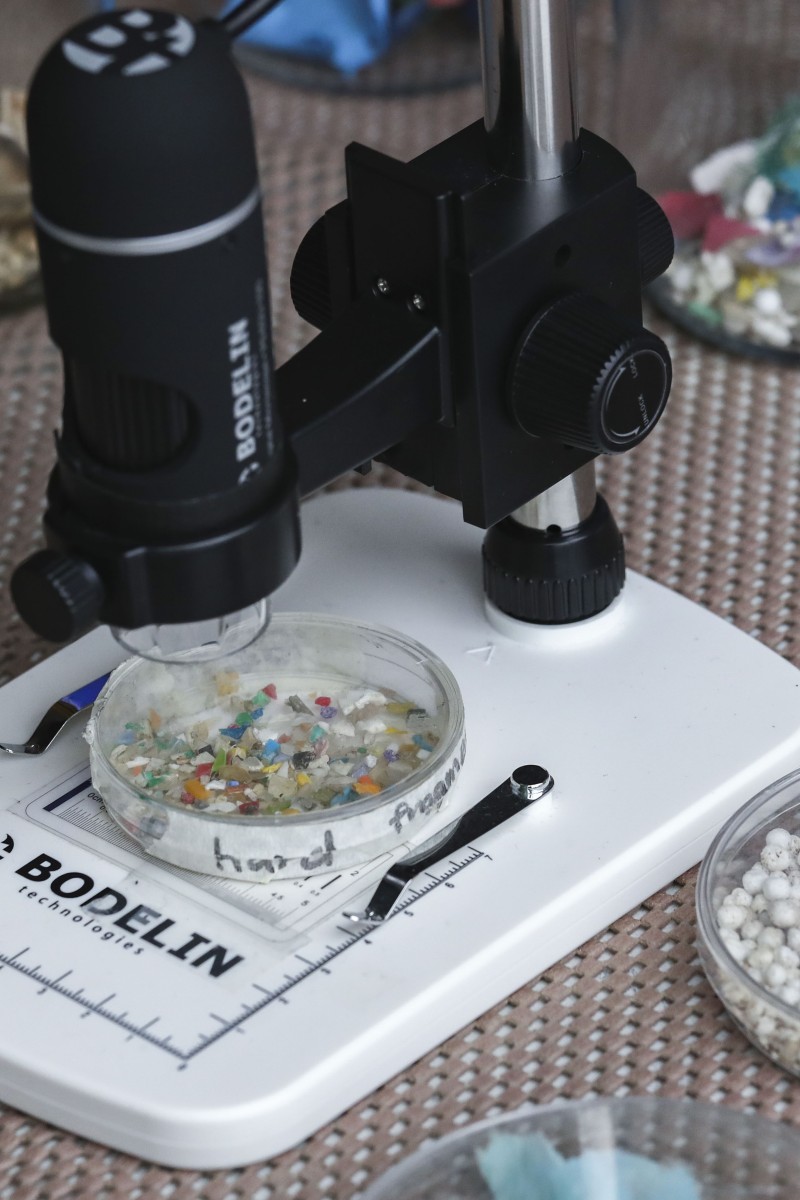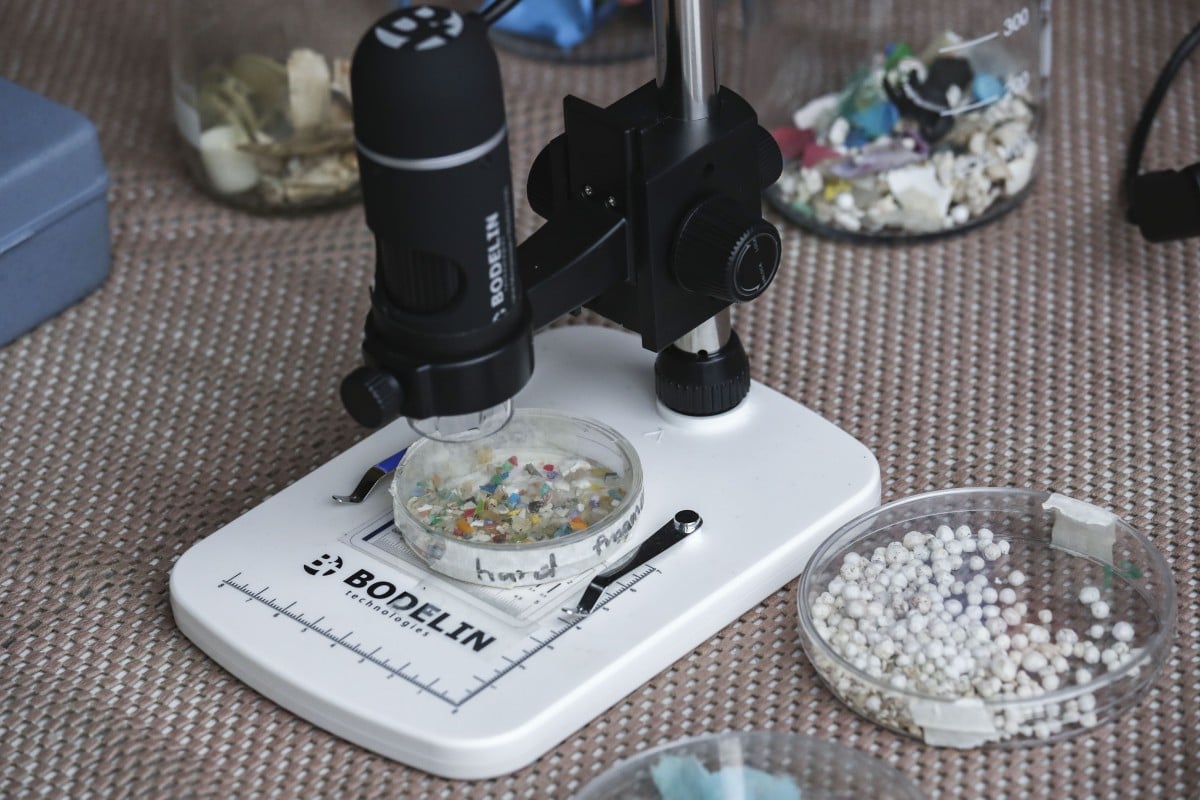
Plastic in your poop? Scientists say microplastics are showing up in human faeces
The recent study analysed the stool samples of eight people, and all of them tested positive for plastic
 Microplastics such as plastic beads, fibres or fragments may be accumulating in human faeces.
Microplastics such as plastic beads, fibres or fragments may be accumulating in human faeces.We often hear about how harmful plastic is to marine life, but what about its effect on humans? A group of Austrian researchers have found evidence that microplastics - extremely small pieces of plastic beads, fibres, or fragments - accumulate in human faeces.
Scientists from the Environment Agency Austria and the Medical University of Vienna analysed the poop samples of eight participants from all over the world, including Italy, Japan, Poland, the Netherlands, Russian, Britain, Finland, and Austria.
Throughout the study, the participants recorded what they ate in the week prior to their stool sampling. They all drank from plastic bottles or consumed plastic-wrapped foods in that time, according to the study. All eight stool samples tested positive for microplastics.
According to the study, published on Monday in the United European Gastroenterology Journal, up to nine types of plastic were found in the poop samples.
Researchers noted that the microplastics, which can form when larger pieces of plastic break down, could help transmit toxic chemicals and pathogens into the human body. They also noted that they could weaken the immune response of the gut.
Plastic manufacturing has skyrocketed around the world in the last two decades; almost half of all the plastic ever made has been manufactured in the 21st century. But only 20 per cent of plastic is recycled, National Geographic reported, and people continue to buy a global average of nearly 1 million plastic bottles per minute.
Microbeads are polluting Hong Kong’s waters, and the source is likely local
About 8.1 billion kilograms of plastic flow into oceans each year. After sea animals consume some of this plastic, humans are likely to ingest it through tuna, shrimp, or lobster, the study said. In addition, humans can consume plastic that enters food products from food processing systems.
Monday's study may be the first to show the presence of plastics in the human gut, and it comes a few months after the World Health Organization announced it would investigate the potential effects of plastic on human health. The WHO launched the review in March after a separate study found microplastics in 90 per cent of 259 bottles.
Previous studies have shown that plastic is present in the food and drinks we consume, including fish and water, though it remains unclear how microplastics affect our bodies.
This story appeared originally on Business Insider as “Scientists have found new evidence that tiny pieces of plastic might be accumulating in your poop”
